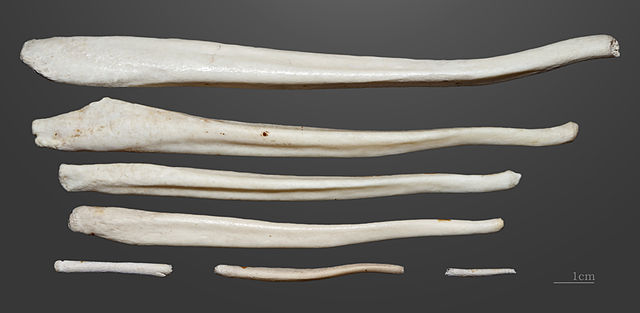
The baculum has been described as «the most diverse of all bones», varying dramatically in length, width and shape in the male mammals where it is present.
The research, published today in the Royal Society journal Proceedings B, shows that the ancestral mammal, like humans, did not have a baculum — but both ancestral primates and carnivores did. The work uncovers that the baculum first evolved in mammals between 145 and 95 million years ago.
The study found that prolonged intromission — defined as penetration for longer than 3 minutes — was correlated with baculum presence across the course of primate evolution. Prolonged intromission was also found to predict a longer baculum in primates and carnivores.
High levels of postcopulatory sexual competition between males also predicted longer bacula in primates.
First author, Matilda Brindle (UCL Anthropology), said: «Our findings suggest that the baculum plays an important role in supporting male reproductive strategies in species where males face high levels of postcopulatory sexual competition. Prolonging intromission helps a male to guard a female from mating with any competitors, increasing his chances of passing on his genetic material.»
The findings of the study may also provide clues as to why humans do not have a baculum.
When any cultural aspects of sex are removed and a male’s aim is solely to ejaculate, humans have a short intromission duration.
In species where mating occurs between multiple males and multiple females (known as polygamy), there is acute competition between males to fertilise a female. However, human mating systems are not like this. Instead humans tend to be monogamous or, more rarely, polygynous (where one male mates with multiple females). In these circumstances, only one male has access to a female and postcopulatory competition between males is absent or very low level.
Brindle added: «Interestingly, humans have neither prolonged intromission durations, nor high levels of postcopulatory sexual competition. Given the results of our study, this may help to unravel the mystery of why the baculum was lost in the human lineage.»
Chimpanzees and bonobos, humans’ closest relatives, have very small bacula (between about
Source: https://www.ucl.ac.uk/news/news-articles/1216/141216-study-function-penis-bone-male-competition


